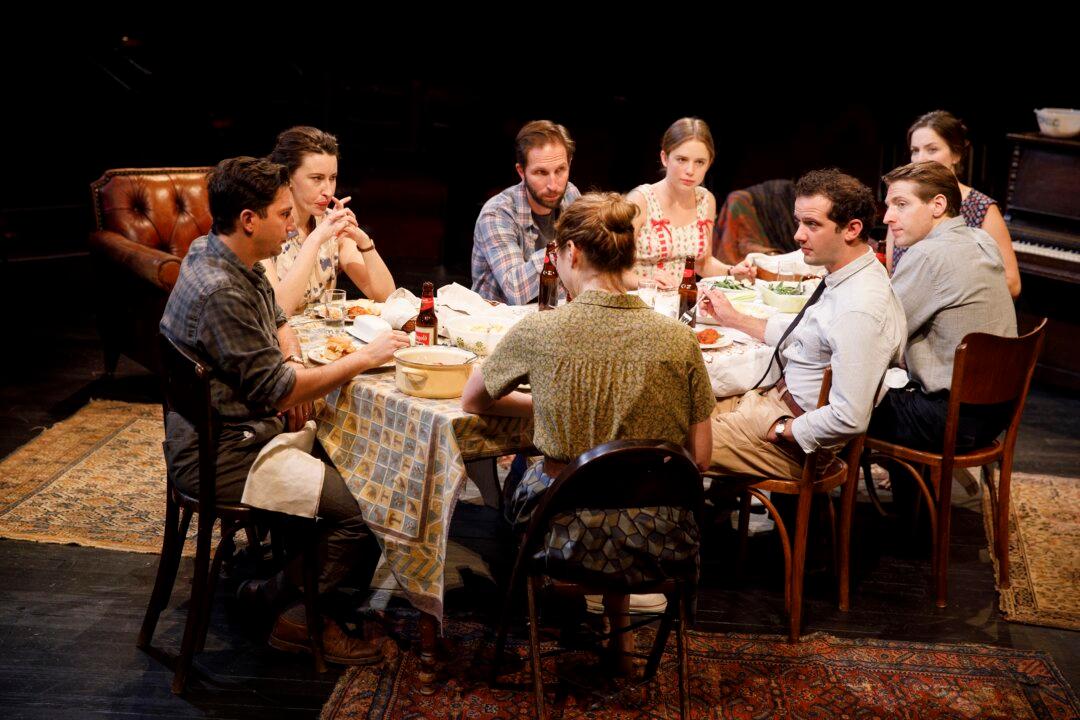NEW YORK— A visit to the Public Theater, a later offshoot of the Shakespeare Festival and located in a former public library downtown, can’t fail to thrill, as one waits among a milling crowd in the lobby and the announcement is heard to take one’s seat for a performance at one of several plays simultaneously presented.
Many New Yorkers take for granted the presence of the free annual summer theater festival in Central Park, known as the New York Shakespeare Festival. Few are aware of the behind-the-scenes struggles that went into its creation.





